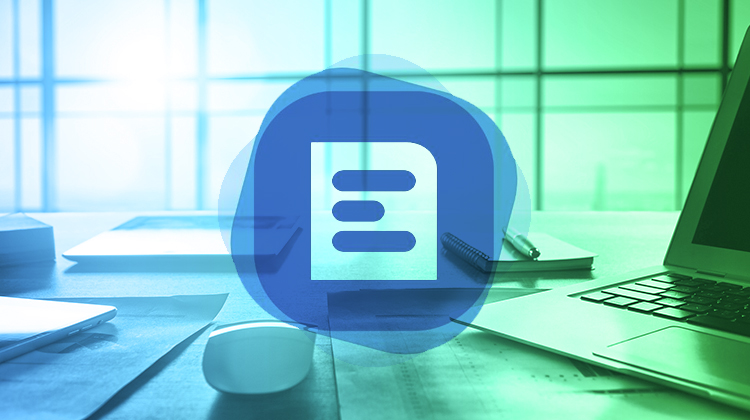Uncategorized
‘Figure something that’s transformative and create something new’: Fintech and the American dream
- CEO Mike Galarza emigrated from Mexico to the U.S. in 2009 and founded Entryless in 2013.
- The software serves 20 thousand users and processes $3 billion in annual transactions.








